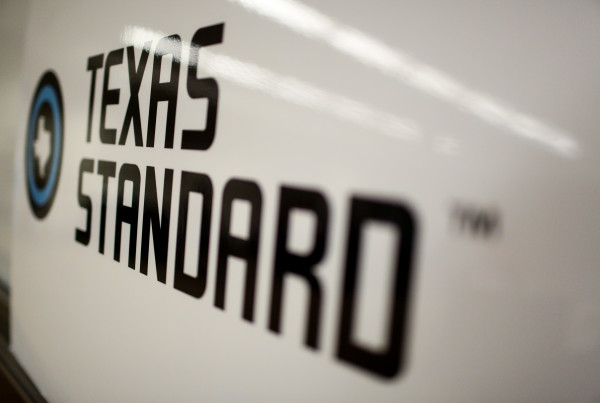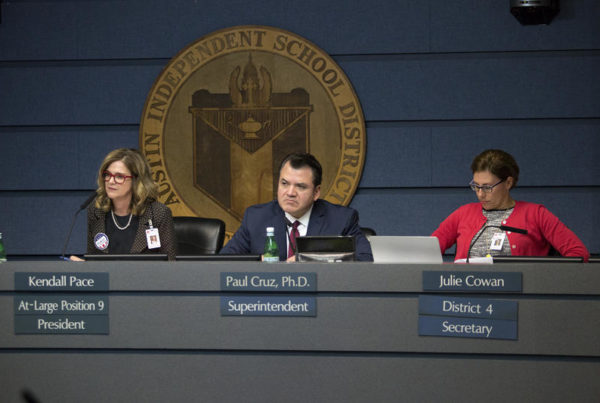A bill targeting online sex trafficking is up for a vote today in the U.S. House. Authors of the Allow States and Victims to Fight Online Sex Trafficking Act, or FOSTA, say it would make it easier for underage victims or prosecutors to hold websites and online services accountable for sex trafficking activities that occur on their platforms. But the tech industry has been divided on the issue.
Ashley Gold, a technology reporter for Politico says FOSTA’s main focus is giving law enforcement more tools to combat online sex trafficking. An amendment that was recently added to the House bill would also gives victims the ability to name websites and other online companies in civil litigation against traffickers. And that’s the part that has tech companies, who have long enjoyed immunity from liability for what users do on their platforms, concerned. That provision is also part of the Senate version of the trafficking bill.
“The Senate version is mostly focused on altering a rare, obscure provision of the Communications Decency Act that more or less shields websites from liability [for] what is posted on them by third parties,” Gold says. “This changes that a little bit, so that if [websites] are found to be knowingly facilitating sex trafficking, they can be taken to court.”
Gold says that while some in the tech world, including Facebook’s Sheryl Sandberg, have offered support for the trafficking bills, including provisions that would put tech companies at risk, others are strongly opposed.
“Many of them say that Section 230 of the Communications Decency Act really is the bedrock of the free and open Internet,” Gold says. “It allowed websites like Facebook, Twitter, Google, Yelp and any other website where there are user reviews, user-generated content… to really thrive, because they did not have to worry so much about liability for what was posted on their platforms.”
Gold says Sandberg’s Facebook and other large companies can afford to support the bill, because they have the means to deal with the kinds of lawsuits FOSTA would allow. She says some lawmakers see this limited restriction as a way to be seen doing something to reign in big tech.
“Some sources have told me that [this bill was a way tech companies] saw to give a little bit on, and lose a battle on the Hill.”
If the House passes FOSTA, it will return to the Senate, where it will either go directly to the floor for a vote, or head to the Judiciary Committee.
















